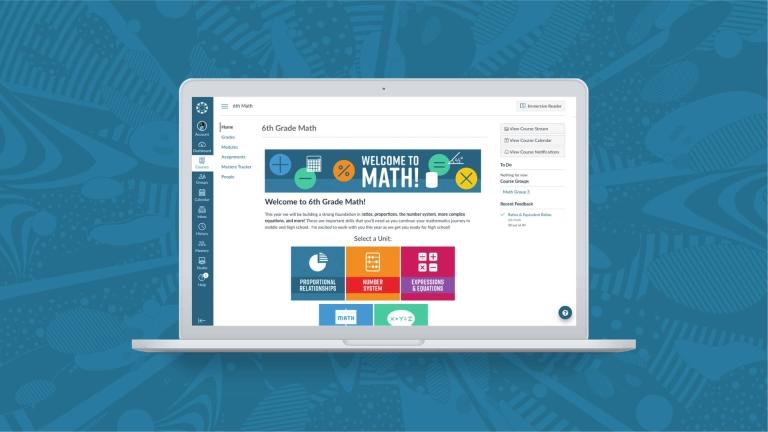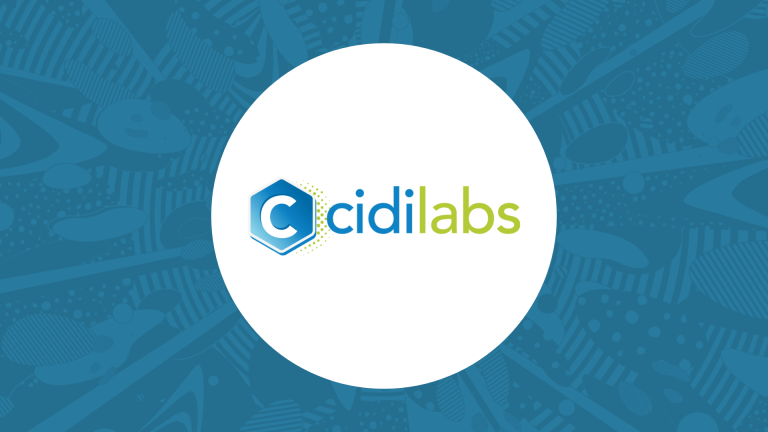
Higher education leaders have traditionally defined success as a combination of year-over-year retention and steady graduation rates as they strive to address the ongoing challenges of declining enrollment and decreased funding. However, as institutions have evolved in response to the COVID-19 pandemic, so have student needs. Students in today's world have been forced to adapt to learning with limited face-to-face interaction, causing many to rethink the value of higher education as a whole. This challenging landscape presents higher education institutions with an opportunity to expand the concept of student success.
When defining student success, several questions come to mind. Can a student’s learning journey be considered successful if they don’t achieve a degree? Is GPA the best measure of success? What’s the institutional impact of broadening the scope of student success? What do students feel defines their success? What are administrators and faculty perceptions in this area?
These are some of the questions we set out to answer in our 2020 global benchmark study on the State of Student Success and Engagement. Working with Hanover Research, we fielded a survey in 13 countries, asking 7,070 current students, administrators, and faculty from higher education institutions to identify measurements of student success and factors for engagement.
Fortunately, there are key areas of alignment: Students, faculty, and administrators agree across all regions that career readiness (78%), student educational goals (76%), and holistic development (76%) are the three most important factors that contribute to student success.
Respondents also see these factors becoming more important in the next 12 months.
The leading trend among the findings?
Career readiness was cited as the number one priority for students.
Further, those indicating career readiness as important say that being prepared for their career is the hallmark of a student who has succeeded, and that being prepared for a career is the most important responsibility of a student. This fundamental shift implies that grades may no longer be the primary defining factor in student achievement; students are more interested in knowing that what they're learning in the classroom is directly preparing them for the workforce.
Although educators and students can agree on which factors contribute to success, their viewpoints on how to measure student success diverge. In particular, our survey found that educators are significantly more likely than students to place importance on traditional measures, such as:
- Student educational attainment (75% vs. 69%)
- Graduation (70% vs. 66%)
- Retention (62% vs. 52%)
- Transfer rates (44% vs. 39%)
- Minority student graduation rate (59% vs. 53%)
- At-risk student graduation rate (58% vs 51%),
- Time to completion (60% vs. 54%),
- Co-curricular engagement (56% vs. 51%),
- Non-cognitive assessment scores (52% vs. 45%)
- Alumni giving (41% vs. 35%)
On the other hand, students are more likely to consider the following to be indicative of their success:
- Getting a job in their field of study (71% vs. 68%)
- Student advancement (73% vs. 72%)
- Satisfaction with the university experience (73% vs. 71%)
- Grade point average (GPA) (61% vs. 59%)
These findings present an opportunity for institutions and students to align on a common goal: A more holistic focus on the student.
As the notion of student success continues to evolve toward a more holistic focus on the student, institutions can explore programs that support students’ mental well-being, personal development, and career preparation. There’s also an opportunity to continue exploring how technology can enhance individual student experiences and outcomes while providing access to the connection, resources, and support they need to succeed beyond the classroom.
Ultimately, providing students with the support they need to connect and engage in their educational journeys and build strong foundations for career success is the way forward.
Get more insights.
Download the full report to access even more insights from our study, including how socioeconomic factors contribute to student success and engagement and what impacts COVID-19 has had on students' educational experience.
Related Content
 Teaching-With-Tech-10-Benefits.jpg
Teaching-With-Tech-10-Benefits.jpgBlogs
 cidilabs.png
cidilabs.pngBlogs
 canvas_x_tg_logo_lockup_780_x_520.png
canvas_x_tg_logo_lockup_780_x_520.pngBlogs
